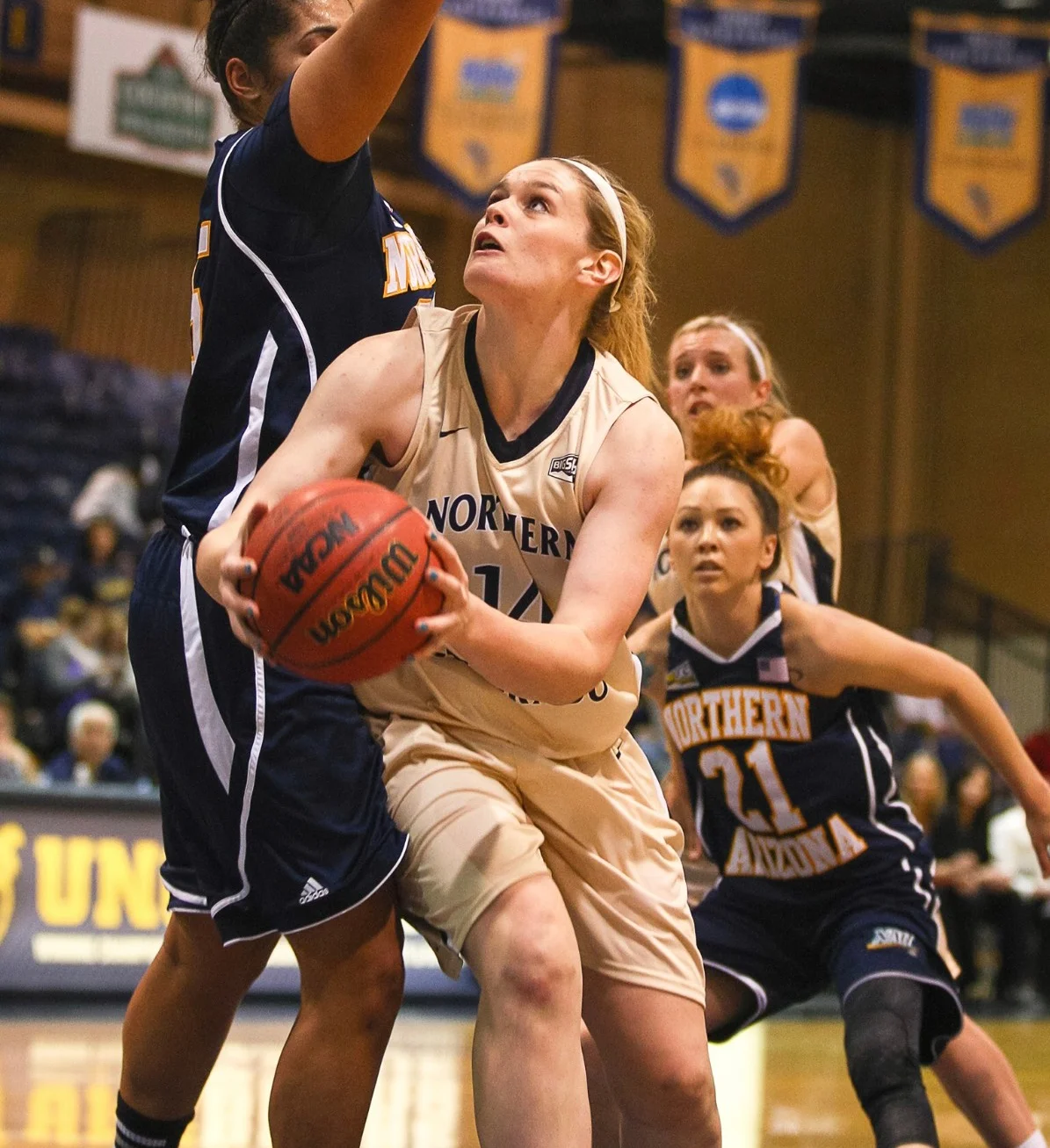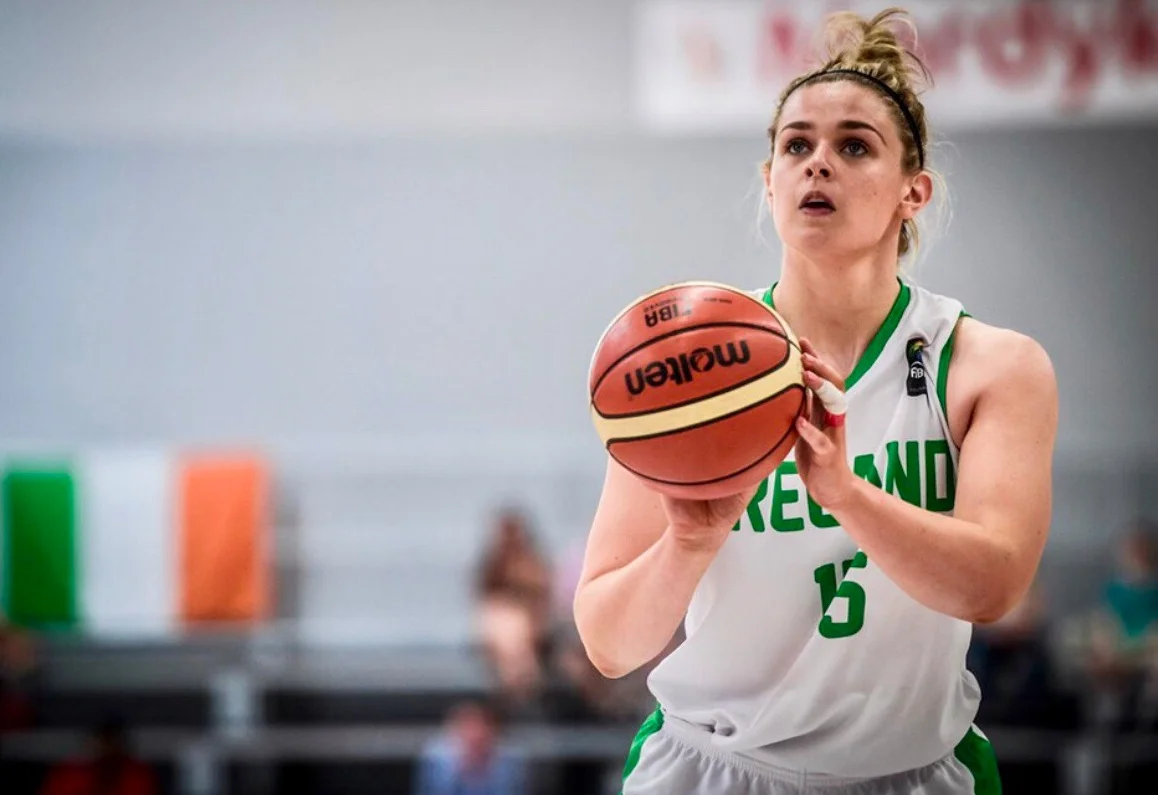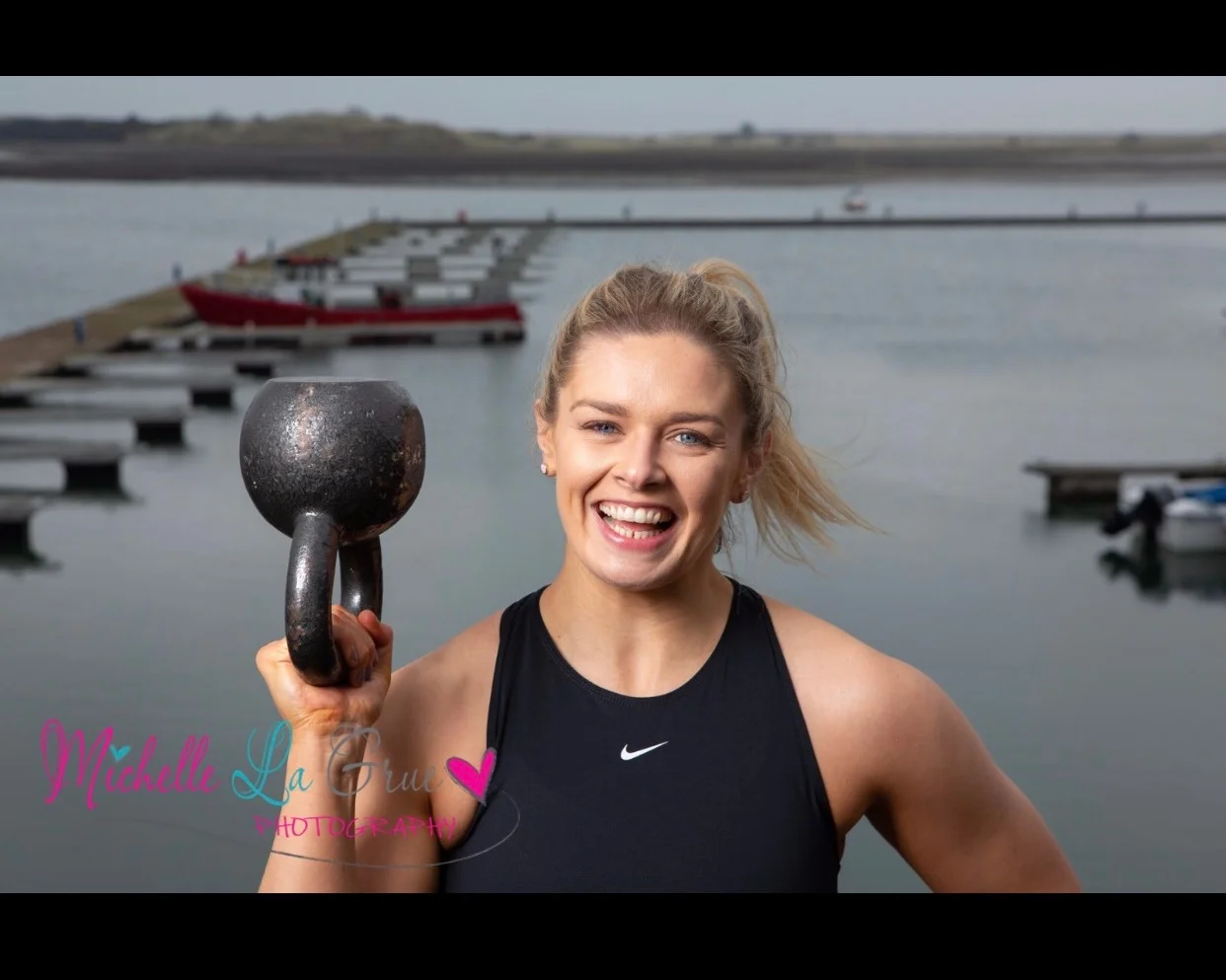The Mental Game of Good Nutrition
Smucker's uncrustable peanut butter sandwiches, every type of sugar-coated crisp cereal and enough pasta to feel an Italian family for a year…a typical day for a college athlete is filled with starch and a little protein!
I lived both on and off-campus and during my collegiate career, playing D1 basketball with the University of Northern Colorado. And to say it was easier to eat healthily off-campus… is an understatement.
On-campus, we didn’t have athlete canteens, or food marked “for athletes only” we just had what everyone else was eating. Training twice a day for countless hours and eating the same as what regular college students were eating, isn’t fuelling your body for performance.
At home however, you could go to your local store, pick out your own cereal, and get boxes of mac and cheese for $1. (This is affordable and very healthy, right?)
Eating right wasn’t in my mind-frame but eating on a budget was. Yes, we got a stipend but if I had more money, could I have eaten better?
Maybe, but I still didn’t know what to eat.
I studied nutrition, but not sports nutrition. I could tell you the best foods to stop diabetes, prevent coronary heart disease and how to take your BMI. But to eat for performance, to preserve your muscle mass after a weights session or enough carbohydrates to keep you fuelled for two days…. I didn’t have a clue.
Once I finished college, I was not prepared to eat for a body that wasn’t working out twice a day, lifting weights and sprinting my tail off. I didn’t have a clue what to eat, or when to eat it. I just kept on eating like I was a “broke“ college student athlete, which I had been.
I actually wasn’t one of those people who put on weight - I was one who lost weight. I lost all of my muscle and was just concentrated on getting skinny. As I felt “too bulky” after my collegiate career.
I didn’t have to eat for performance, so I barely had to eat. Correct?
During sports I was viewed as a sports person, an athlete; I must perform for my sport… so that must mean I look a certain way.
Once i had finished, then what? Then I must look the way society wants me to look. And back then it was skinny. It wasn’t cool to be strong or look fit, the way it is now.
So what happened after that? I developed a poor relationship with food. Call it extreme dieting if you will. Some call it binge eating. I call it not knowing what was right for me and being terribly confused from college.
I have since gone on to study sports nutrition because I want to help young athletes perform better and understand their bodies better.
All student athletes should have been told what to eat for their sport, for their goals and their body.
When your season ends, it ends straight away. You may have some pick up games here and there, a few runs with your former teammates. But for four years, you have been so consumed with exercise and sport. What do you do? It’s like ripping a Band-Aid off, but your cut hasn’t healed, it’s still sore and raw.
Nutrition is becoming a fad word these days. Nutrition is being exploited from so many different areas. Bloggers, social media, personal trainers. Nutrition information isn’t been given in the same way, as it should. Not from the host, from the nutritionist’s mouth.
Were there nutritionists in college and we didn’t listen? Probably.
I do remember going to a talk once about nutrition. But that didn’t mean there weren’t days that we didn’t go hungry or actually ate what we were meant to.
When you’re balancing college, two-a days, meetings, study hall, a small social life, the last thing on your mind, if it isn’t presented in front of you, is making sure you’re “eating the rainbow” and getting all of your micronutrients and macronutrients.
What I wish I could have told the 22-year-old Hannah, after finishing college…. RELAX.
It’s okay. Go out and enjoy the last few weeks of college with your friends. Take a break from exercise.
Go to nutritionists, available of what the school has to offer. Ask the questions. Do not use your own idea of what you think is best.
DO NOT look to instagram and YouTube for advice, because they are not in your position. They have not just finished 4 of the hardest years of their life and completely at a blank of what to do.
Listen when someone comes to talk about nutrition, listen to what they have to say and take it all in.
And most importantly: figure out who Hannah is without collegiate basketball.
This is the most important question of all. Who am I? What are my goals now? What do I want to be? And how do I get there?




